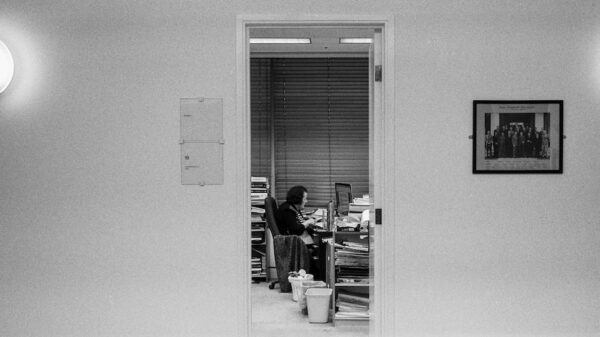Residents of Denpasar, Bali’s bustling capital, are grappling with an escalating rubbish crisis following a new waste management policy implemented on August 1, 2023. Under the directive of re-elected governor Wayan Koster, residents are now responsible for managing their own organic waste, which has resulted in accumulating bags of rubbish on the streets.
Governor Koster expressed his frustration with the island’s waste issue during a press briefing last month, stating, “I have waste, I’ll send it to your house – would you like that? Waste must be managed at your own place.” His comments highlight the urgency he feels regarding the ongoing rubbish problem.
The new policy requires residents to handle organic waste, such as food scraps and ceremonial offerings, independently. Garbage collectors will no longer accept bags containing organic materials if they are mixed with other rubbish. This has left many locals confused and frustrated, as some areas see bags of mixed waste left to fester in the heat.
In central Denpasar, a resident named Made, who prefers to remain anonymous due to local sensitivities, shared her experiences with the new waste management system. She described a drainage creek near her home that has become a dumping ground since the policy’s enactment. “Everybody’s talking about it,” Made remarked, adding, “I had to take back the garbage from outside because no one was picking it up. There was no solution – it was just, ‘You deal with it.’”
Despite efforts to implement the new policy, there remains a lack of clarity for residents. In some neighborhoods, garbage collectors still clear mixed rubbish, while in others, bags are left abandoned, often resulting in them being discarded into rivers or burning in backyards. Made pointed out that while she has the option to burn organic waste, not everyone in Bali has access to such solutions.
Community Response to Waste Management Changes
The abrupt nature of the policy change has left many residents scrambling to find effective ways to manage their waste. As piles of rubbish continue to grow in various neighborhoods, the situation has sparked conversations about the local government’s responsibility and the need for clearer communication regarding waste management practices.
Made guided an observer through her neighborhood, highlighting the once-manageable drainage channel that now overflows with rubbish snagged along its banks. “It was never clean, per se. But it was not like this,” she said, expressing her concern about the escalating waste issue.
The community’s frustration is palpable, with residents questioning the lack of support from local authorities in transitioning to the new system. Many feel abandoned, left to navigate the changes without adequate resources or guidance.
As Bali continues to struggle with waste management, the impact on public health and the environment becomes increasingly concerning. The island, renowned for its natural beauty, faces the risk of tarnishing its image if the rubbish crisis is not addressed effectively.
The situation in Denpasar serves as a critical reminder of the challenges that arise when environmental policies are implemented without proper infrastructure and community education. With ongoing discussions among residents, local leaders will need to find a balance between enforcing regulations and ensuring the community is equipped to handle their waste effectively.
As the rubbish crisis unfolds, the eyes of both residents and visitors alike remain keenly focused on how Bali will tackle this pressing issue in the weeks and months ahead.



































































